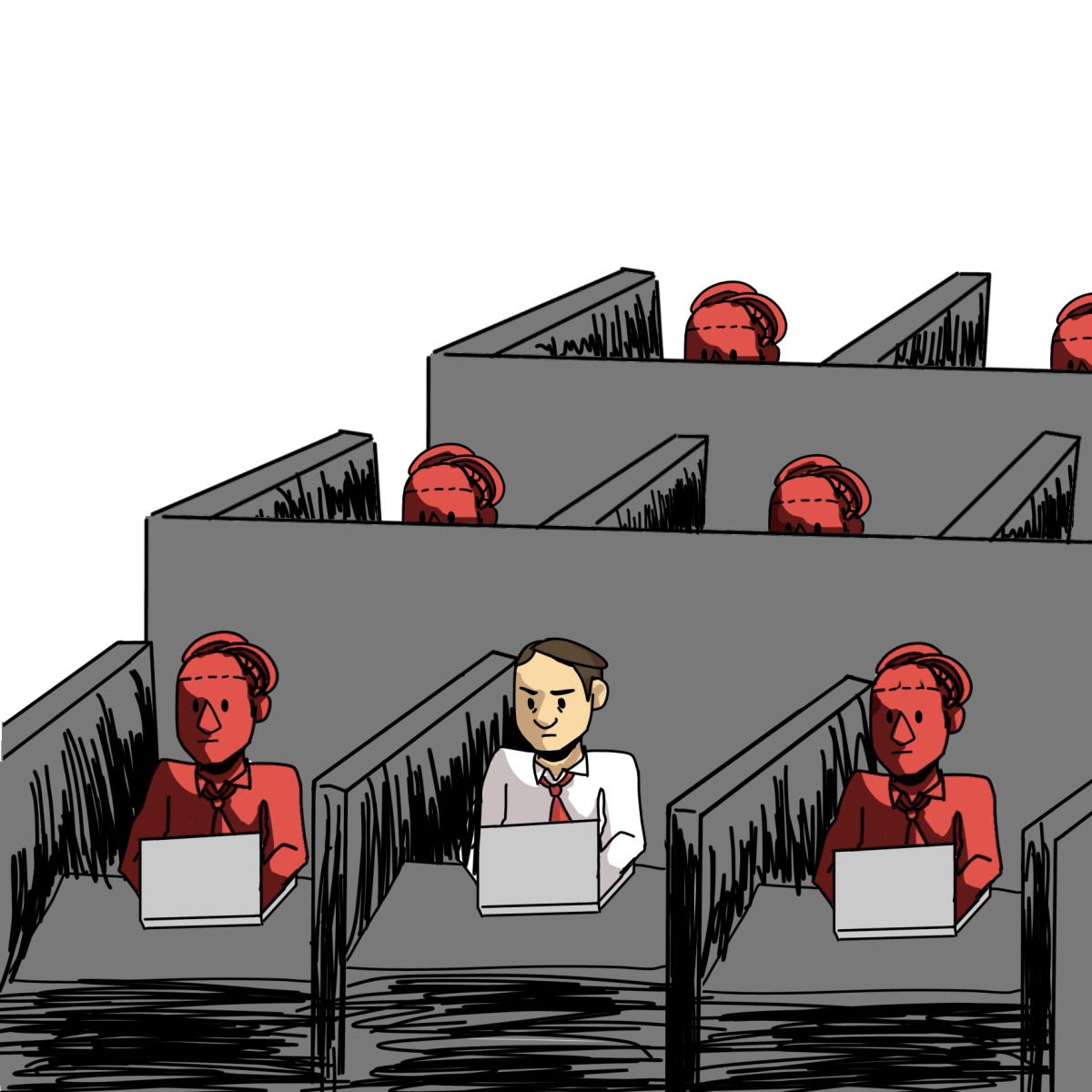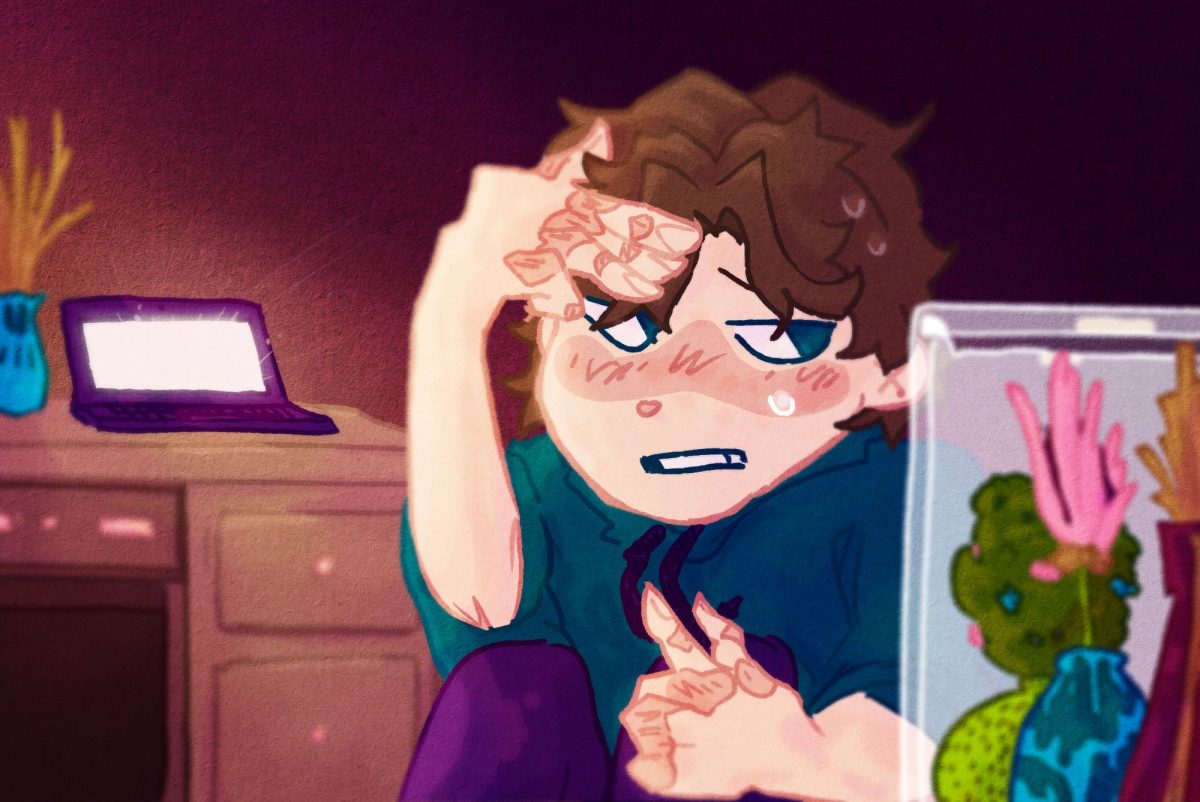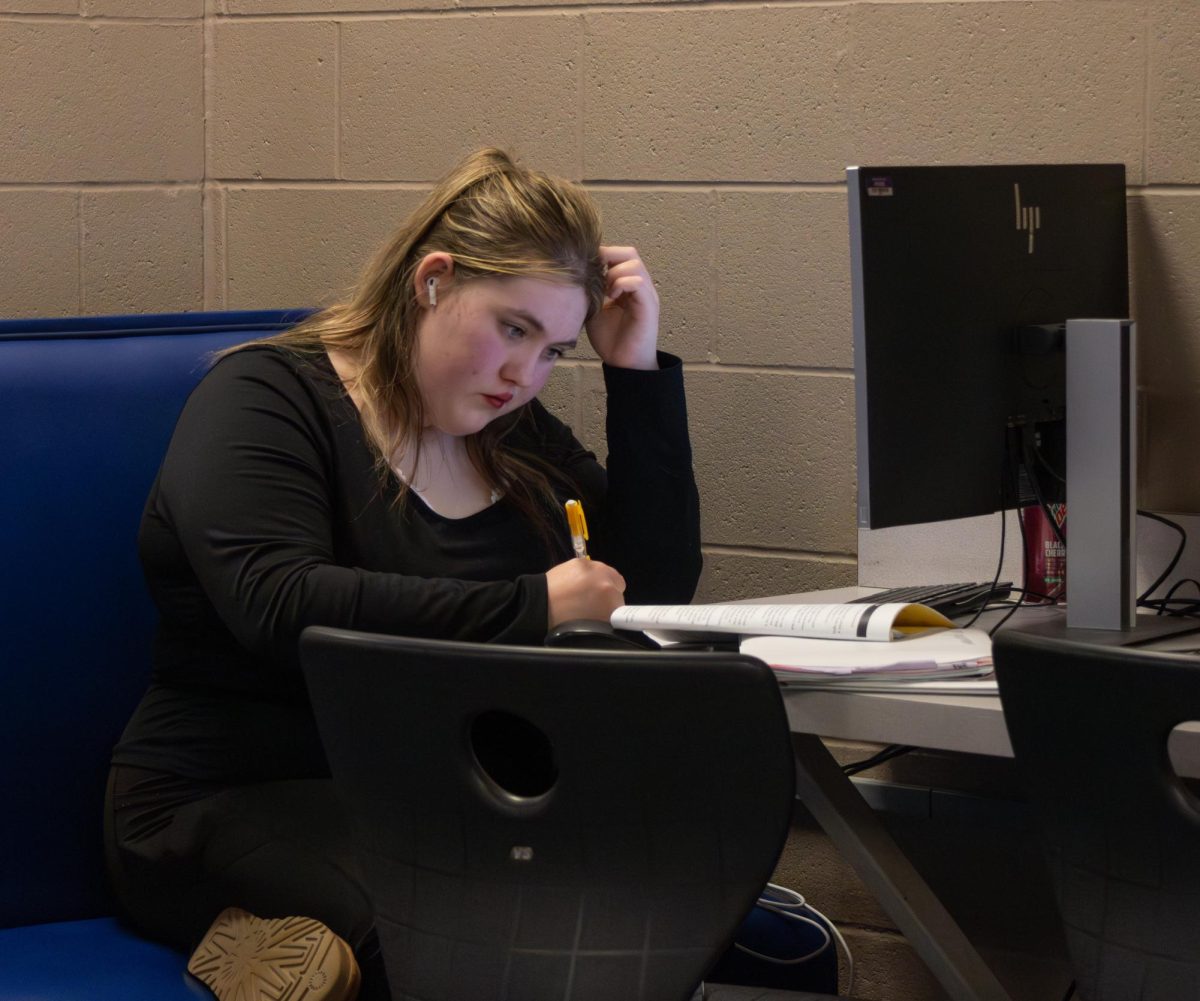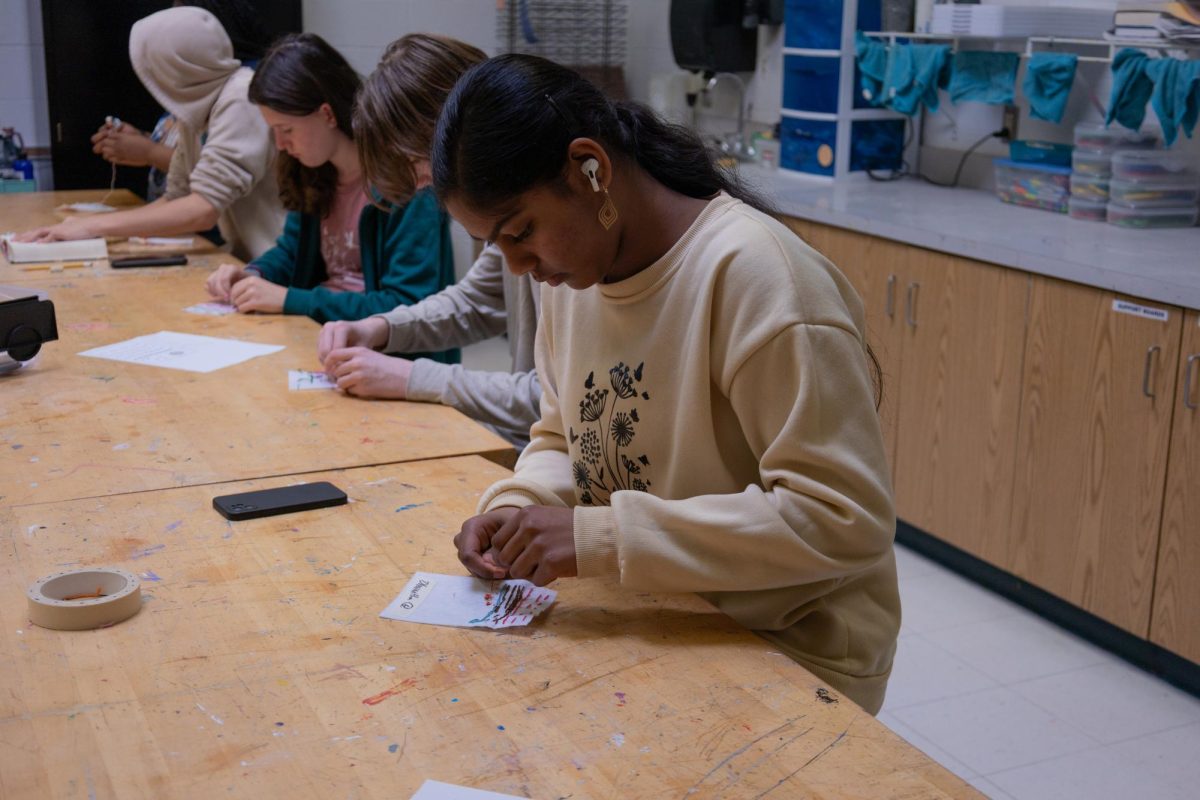As with all things related to Artificial Intelligence (AI) there is a lot of contention on the topic of AI’s potential uses in the world of business. With businesses both big and small always looking for a way to save some money, AI is a very promising prospect, with a great many businesses looking to expand their ventures into AI in the near future. However, from concerns over the quality of products and art to people concerned over the ethicality of its uses and the potential of AI to put people out of jobs, many people have some gripes with these companies’ new direction.
AI takes many roles in the business world nowadays, having taken on many jobs in an effort to cut costs and make work more efficient and easy in recent years. Business teacher Shannon Carlson shares a bit about just what roles AI has fit into and its place in the corporate space.
“For a long time, companies have used AI to read resumes before actual interviews,” Carlson said. “I would say now, even employees are using AI to communicate with one another and to reach out to potential clients.”
But screening for interviews is not the only job AI has filled. AI chatbots are used by some companies as customer service tools. Healthcare insurers have AI screen people and determine whether or not they should get their claims, something that has sparked outrage and created a lawsuit against United Healthcare. AI is used in data management and marketing to consumers, and some fast food chains have even replaced a traditional drive thru worker with a voice recognizing AI. However, probably the most controversial use of AI is in the art industry. AI has the ability to generate images in the art style of almost any artist, and so it’s commonly used by some corporations as a way to avoid the sometimes pricey cost of human drawn art, something that artists, such as junior Tyler Cordray, have spoken out about.
“Personally my goal as an artist has been to open up an independent print shop someday and that’s definitely been affected. This is why we need to fight against AI because it isn’t just a ‘silly fun tool’ and that rhetoric is harmful.” Cordray said. “It will get out of hand if we don’t fight it and it will get out of hand fast. A lot of industries and jobs are at risk. It’s a direct attack on the working class.”
AI art has a very rocky history in advertising and products when it comes to corporations. Companies such as Coca-Cola, who recently put out an advertisement that was an AI recreation of one of their beloved older commercials, have been criticized for their use of AI. Disney also came under fire a while back when their Marvel TV series “Secret Wars” used AI art in their credit sequence. While these decisions have been heavily criticized, they potentially saved their respective companies upwards of hundreds of thousands of dollars. It is unclear as of now if the controversy will make these companies give it up, or if they may use AI in more subtle ways in the future.
While some people see AI as just a fad, many people, such as senior Charles Fussell, believe that AI will take an ever-expanding role in the world.
“It’s a major breakthrough in technology that has only just begun. As of now AI is just like a gimmicky thing that the media has gotten hold of,” Fussell said. “In the future with how it’s growing I can see it being integrated into many daily tasks, even more than it is already today.”
Whether or not AI will become capable of taking over the world like in the movies, it’s clear that to many people, AI poses a more subtle threat. A slow takeover of people’s positions. A future where corporate entities may remove humans from the equation.










